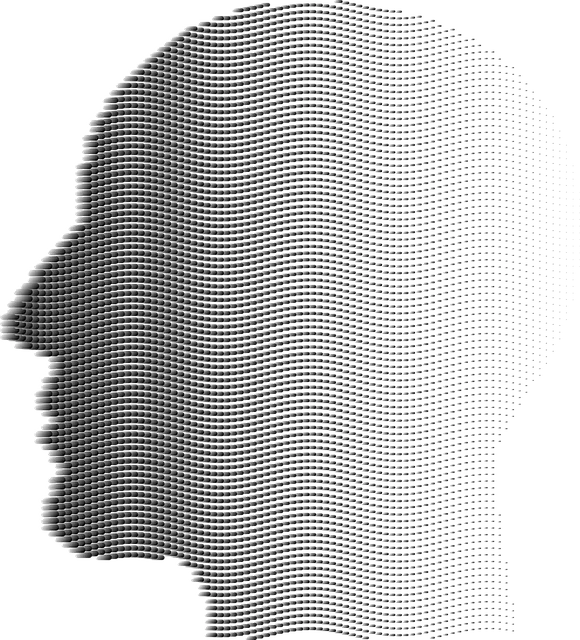The Kaiser Permanente Mental Health Center in Northglenn has developed innovative digital resources like mental wellness apps to address the growing need for accessible and personalized mental care. These apps offer tools for inner strength, social skills, and conflict resolution through guided meditations, cognitive-behavioral exercises, and community forums, empowering users to manage their mental health conveniently. The development process involves integrating evidence-based practices, prioritizing user experience, and adhering to strict ethical standards to ensure safety and efficacy, reflecting the center's comprehensive services.
In today’s digital age, mental wellness app development is a vital game-changer, especially with institutions like Kaiser Permanente Mental Health Center Northglenn recognizing its potential. This article explores the growing importance of these apps in addressing mental health concerns. We delve into the key features that make them effective tools for personal growth and provide insights into the development process, offering a comprehensive guide for creating successful mental health applications. By understanding user needs, leveraging evidence-based practices, and adhering to ethical considerations, developers can create impactful solutions.
- Understanding the Need for Mental Wellness Apps: A Perspective from Kaiser Permanente Mental Health Center Northglenn
- Key Features and Components of Effective Mental Wellness Apps
- Development Process and Considerations for Success in Creating Mental Health Applications
Understanding the Need for Mental Wellness Apps: A Perspective from Kaiser Permanente Mental Health Center Northglenn

At Kaiser Permanente Mental Health Center Northglenn, we’ve witnessed firsthand the growing demand for accessible and personalized mental wellness solutions. In today’s fast-paced world, many individuals struggle to find effective support for their mental health concerns. This need is further exacerbated by the stigma surrounding mental illness, which often keeps people from seeking help. To address this pressing issue, our center has been at the forefront of promoting innovative approaches, including the development of mental wellness apps.
These digital tools offer a discrete and convenient way to foster inner strength development, social skills training, and conflict resolution techniques. By leveraging technology, mental wellness apps can break down barriers to care, making professional support more accessible to a diverse range of users. With features like guided meditations, cognitive-behavioral exercises, and community forums, these apps provide individuals with the resources they need to take charge of their mental well-being, anytime and anywhere.
Key Features and Components of Effective Mental Wellness Apps

Mental wellness apps have become increasingly popular as people seek accessible and personalized ways to support their mental health. To be effective, these apps must incorporate a range of key features and components. One leading provider in this space is the Kaiser Permanente mental health center in Northglenn, which offers digital tools tailored to diverse needs.
Core elements include user-friendly interfaces that promote engagement, evidence-based practices such as mindfulness exercises and cognitive behavioral therapy (CBT) techniques, and seamless integration of features like mood tracking, meditation guides, and access to professionals for Trauma Support Services or Burnout Prevention. Additionally, apps should foster a sense of community through peer support groups and confidence-boosting challenges, creating a holistic environment that caters to both individual and collective mental wellness.
Development Process and Considerations for Success in Creating Mental Health Applications

The development process for mental wellness apps is a meticulous journey that requires careful consideration to create effective and responsible tools. Much like the comprehensive services provided by Kaiser Permanente mental health center Northglenn, successful apps must integrate various therapeutic techniques and cater to diverse user needs. This involves extensive research into evidence-based practices such as Cognitive Behavioral Therapy (CBT) or Mindfulness-Based Stress Reduction (MBSR), ensuring that the app’s content aligns with current psychological research.
Furthermore, prioritizing user experience is paramount. Incorporating intuitive interfaces, engaging visual designs, and personalized feedback mechanisms can enhance user interaction and adherence. Additionally, developers must address ethical considerations like data privacy, especially when dealing with sensitive mental health information. Regular risk assessments for mental health professionals involved in app creation are crucial to mitigate potential harm and ensure the app’s safety and efficacy.
The development of mental wellness apps, as exemplified by the insights from Kaiser Permanente Mental Health Center Northglenn, is a significant step towards addressing the growing need for accessible and personalized mental healthcare. By incorporating key features like mindfulness exercises, mood tracking, and community support, these applications offer individuals practical tools to manage their well-being. As the digital landscape continues to evolve, developers must prioritize user experience, data security, and evidence-based practices to ensure successful outcomes for users seeking mental health resources.






